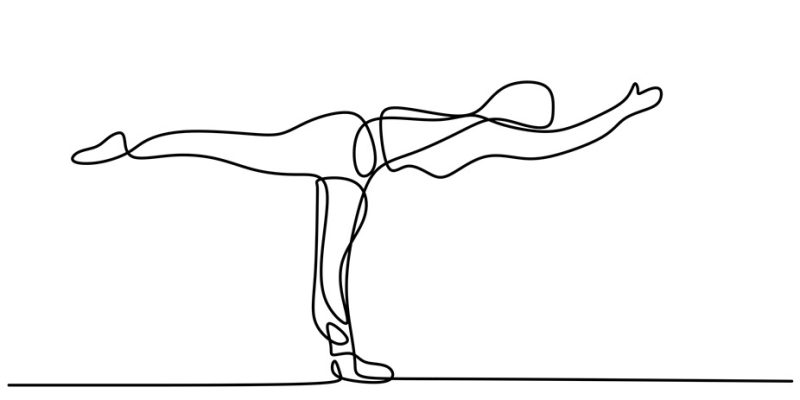
Circular Breathing (also called Round Breathing) is a breathing technique that involves breathing in slowly with deep and full breaths, and subsequently breathing out slowly and fully, without applying breath retention techniques or a deliberate pause between inhaling and exhaling (do mind, however, that there’s always a small natural pause between the inhale and exhale).
The term Circular Breathing is often used synonymously with Conscious Connected Breathing (also called Conscious Connected Circular Breathing), but although the latter breathing technique is based on Circular Breathing it’s performed somewhat differently while also having some other aims.

In any case, the length (duration) of inhalation and exhalation in Circular Breathing is supposed to be about the same, which can be a certain count, or just as it comes to you naturally.
Do mind that Circular Breathing may also refer to a technique used by players of some wind instruments to produce a continuous, uninterrupted tone. The latter is done by inhaling through the nose while simultaneously pushing air out through the mouth by using the air that is stored in the cheeks (which, for instance, can be easily observed with Trumpet players).
In Breathwork, Circular Breathing is typically applied to relax or in (preparation of) meditation sessions, with the goal of creating full body awareness and a calm mind, while promoting the free flow of energy through the body.
It’s usually done with an Abdominal Breathing technique, in which you breathe in and out through the nostrils, or breathe in through the nostrils and out through the mouth. It can be carried out standing, sitting, or lying down.
It’s thought that Circular Breathing may have certain health benefits, such as diminishing stress, anxiety, and depression, calming the mind, releasing negative emotions, reducing blood pressure, and improving brain function and physical performance.
















